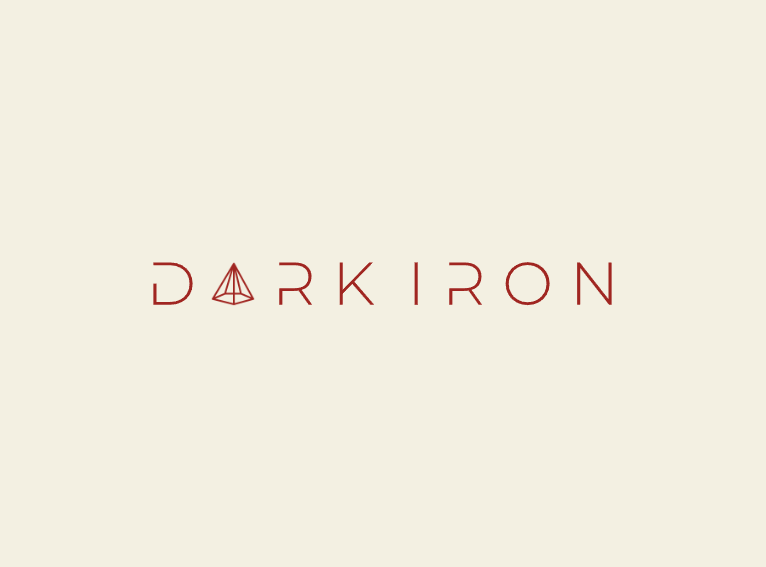14 个版本
| 0.7.0 | 2024 年 8 月 5 日 |
|---|---|
| 0.6.85 | 2024 年 7 月 29 日 |
| 0.6.9 | 2024 年 8 月 5 日 |
| 0.5.0 | 2024 年 7 月 24 日 |
73 在 游戏开发
1,085 每月下载量
60KB
1.5K SLoC
Dark Iron ECS

功能
- 实体创建:轻松创建实体并将组件附加到它们。
- 事件处理:实现基于自定义事件和事件处理器的驱动架构。
- 协程:创建在特定间隔或延迟执行的协程。
- 查询:根据组件高效查询实体。
- 系统:通过处理查询的实体实现游戏逻辑和行为。
- 扩展:通过自定义扩展扩展 ECS 的功能。
- 链式构建:世界可以通过一系列方法创建。
示例
演示了如何使用 dark_iron_ecs 库在 Rust 中创建实体组件系统(ECS)。示例包括创建组件、查询实体以及设置系统与这些组件交互。
设置
首先,将 dark_iron_ecs 依赖项添加到您的 Cargo.toml
[dependencies]
dark_iron_ecs = "*" # Replace with the actual version
导入
对于此示例,必要的导入
use dark_iron_ecs::core::{
coroutine::{Coroutine, CoroutineState, WaitAmountOfSeconds},
entity_manager::EntityManager,
extension::Extension,
query::{Query, Without},
resources::Resource,
system::SystemSchedule,
world::World,
};
组件
定义您的组件。组件是与实体关联的数据。
struct Position {
x: f32,
y: f32,
}
struct Name(String);
struct Health(i32);
系统
定义系统以在具有特定组件的实体上操作。系统是处理实体的函数。
fn test_system(q: Query<(&Health,)>, entity_manager: &mut EntityManager) {
entity_manager.create_entity((Health(500),));
for health in q.fetch() {
println!("{:?}", health.0);
}
}
fn test_system_1(
q: Query<(&Health,)>,
q2: Query<(&Health,), Without<(&Name,)>>,
mut camera: Resource<Camera>,
) {
for health in q.fetch() {
println!("q {:?}", health.0);
}
for health in q2.fetch() {
println!("q2 {:?}", health.0);
}
println!("Hello from test_system_1");
camera.x += 1.0;
println!("{:?} {:?} {:?}", camera.x, camera.y, camera.z);
}
事件
定义可以在世界中发布和订阅的事件。
struct CollisionEvent;
资源
定义系统可全局访问的资源。
struct Camera {
x: f32,
y: f32,
z: f32,
}
扩展
定义易于扩展的世界。
pub struct ExtensionExample;
impl Extension for ExtensionExample {
fn build(&self, world: &mut World) {
world.create_entity((Health(100),));
}
}
主函数
设置世界,创建实体,添加系统,并运行 ECS。
use dark_iron_ecs::core::{
coroutine::{Coroutine, CoroutineState, WaitAmountOfSeconds},
entity_manager::EntityManager,
query::{Query, Without},
resources::Resource,
system::SystemSchedule,
world::World,
};
fn main() {
let mut world = World::new();
let entity1 = world.create_entity_with_id((Health(100),));
let entity2 = world.create_entity_with_id((Name("Enemy 2".to_string()), Health(200)));
let entity3 = world.create_entity_with_id((
Position { x: 0.0, y: 0.0 },
Name("Enemy 3".to_string()),
Health(300),
));
if let Some(health) = entity1.get_component::<Health>(&world){
println!("Component {:?}", health.0);
}
let mut counter = 10;
world
.create_entity((Velocity(0.0, 0.0),))
.subscribe_event(|_world: &World, _t: CollisionEvent| {
println!("Collision Event Hit");
})
.remove_component::<Health>(entity3)
.add_component_to_entity(entity3, Health(400))
.add_coroutine(Coroutine::new("Test Coroutine", move |world| {
if counter == 10 {
println!("Coroutine Started");
}
counter -= 1;
if counter == 0 {
println!("Coroutine Finished");
world.remove_entity(entity3);
world.create_entity((Health(900),));
world.add_component_to_entity(entity1, Name("Player".to_string()));
world.remove_component::<Health>(entity2);
world.publish_event(CollisionEvent);
return CoroutineState::Finished;
}
println!("Coroutine Running");
CoroutineState::Yielded(WaitAmountOfSeconds {
amount_in_seconds: 1.0,
})
}))
.add_resource(Camera {
x: 1000.0,
y: 0.0,
z: 0.0,
})
.add_system(SystemSchedule::Startup, test_system)
.add_systems(SystemSchedule::Update, (test_system_1,))
.run_startup()
.add_extension(ExtensionExample)
.build();
let q = world.create_query::<&Health>();
let q1 = world.create_query_with_constraint::<&Health, Without<&Name>>();
for health in q.fetch() {
println!("{:?}", health.0);
}
for health in q1.fetch() {
println!("{:?}", health.0);
}
loop {
world.run_update();
world.update_coroutines(1.0);
std::thread::sleep(std::time::Duration::from_secs(1));
}
}
运行项目
要运行项目,请使用 Cargo
cargo run
这将编译并运行您的 ECS 示例,演示如何使用 dark_iron_ecs 库创建和管理实体、组件、系统、事件和资源。
许可
本项目采用 MIT 许可协议。有关详细信息,请参阅 LICENSE 文件。
MIT 许可协议
本文件授予任何人获得本软件及其相关文档文件(以下简称“软件”)的副本的权利,免费使用软件,包括但不限于使用、复制、修改、合并、发布、分发、再许可和/或销售软件的副本,并允许向软件提供者提供软件的人进行上述行为,但须遵守以下条件
上述版权声明和本许可声明应包含在软件的所有副本或主要部分中。
软件按“原样”提供,不提供任何形式的保证,无论是明示的、暗示的,包括但不限于对适销性、特定用途适用性和非侵权的保证。在任何情况下,作者或版权所有者均不对任何索赔、损害或其他责任负责,无论是基于合同、侵权或其他原因,无论索赔、损害或其他责任是否由软件本身、软件的使用或其他与软件相关的行为引起。